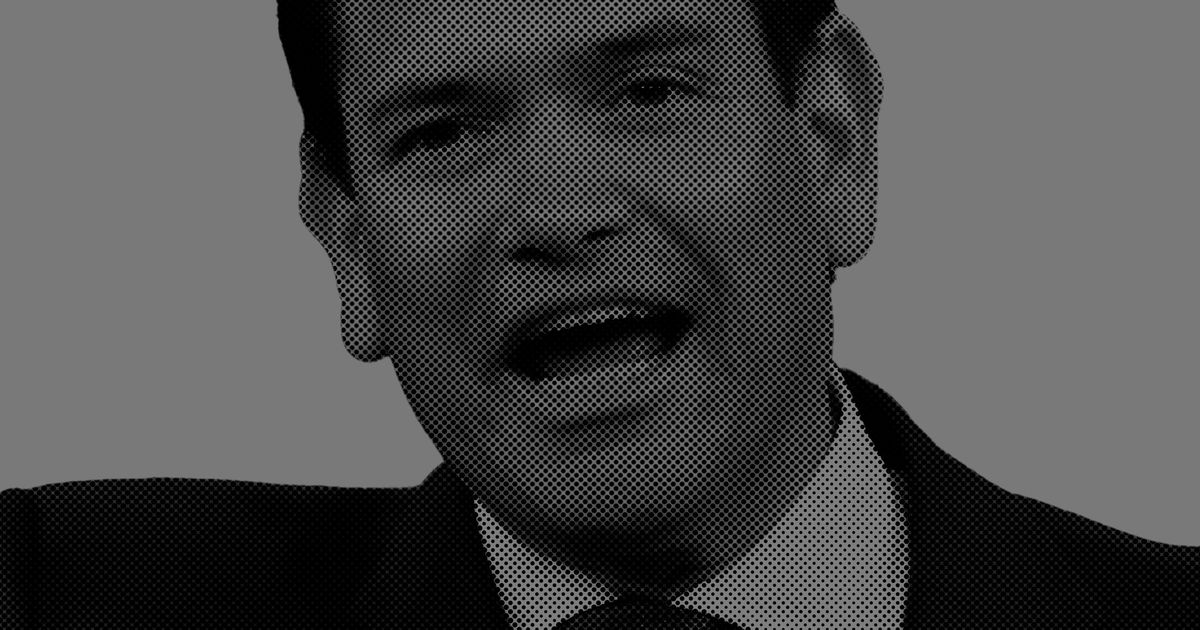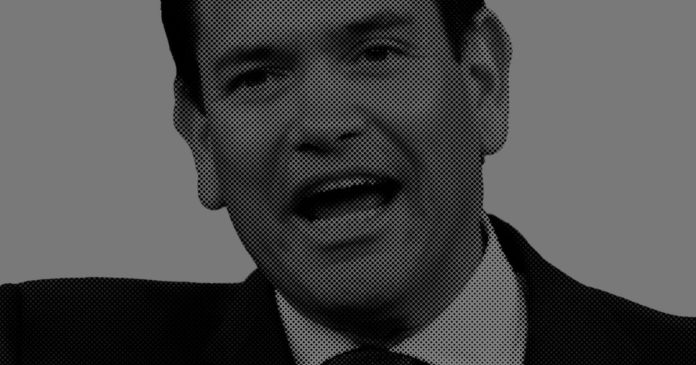
In 2004, the Republican Party was united in anger at the idea that judges would seize the issue of gay marriage from its rightful place in the legislative arena. “We will not stand for judges who undermine democracy by legislating from the bench and try to remake America by court order,” insisted President George W. Bush. The Republican Party platform that year declared, “We urge Congress to use its Article III power to enact this into law.” National Review denounced “this campaign by legal activists and their judicial accomplices.” “The only question is whether the constitutional status of marriage will be determined by unelected judges or the American people,” claimed the Alliance for Marriage.
Conservatives may finally get their wish. The matter of gay marriage is finally coming for a vote before what they have always insisted is its rightful venue: Congress. And yet, far from expressing gratitude that Congress is finally exerting its sacred Article III powers, conservatives are angry that elected officials are now meddling in business properly settled by the courts.
“A bill to legislate congressionally recognized gay marriage is a solution in search of a problem,” complained Representative Chip Roy. “This bill is simply the latest installment of the Democrats’ campaign to delegitimize and attempt to intimidate the United States Supreme Court,” thundered Representative Jim Jordan.
The old danger of activist judges has passed, and now conservative principle requires the party to take a stand against activist … legislators.
Congress is voting to codify same-sex marriage because the Supreme Court’s decision overturning Roe v. Wade undercut the main legal theory that supported other unenumerated rights, including marriage equality. It’s true that most of the justices who voted for Dobbs said they had no plans to go after gay marriage next. But Clarence Thomas said the opposite, accurately pointing out that the logic of Dobbs straightforwardly supported this course of action. The Republican line now assumes that Thomas is a harmless kook and Congress not only needn’t but shouldn’t take him seriously.
It wasn’t long ago that opposition to gay marriage held pride of place atop the ideals of the right-wing firmament, second only to the strategic genius of the Bush administration’s “global war on terror” strategy. Conservatives thundered daily against the horrific terrors that would ensue if gay people were permitted to wed each other.
“The present danger,” warned one editorial in National Review, “is that the courts will push the country in a dangerous direction in which it would not otherwise go.” Hardly a day went by without the conservative intelligentsia painting a harrowing picture of social collapse in the wake of marriage equality. “The destructive consequences,” predicted a typical polemic, “would fall mainly on the young and the vulnerable who would grow up in a society without the bulwark of traditional marriage protecting them against the excesses of their own immature appetites and the rapacious desire of older males ever eager to expand the zone of sexual permissiveness.”
After their heroic stand at the gates of civilization failed, essentially none of the things conservatives warned would happen actually transpired. The cycle of failed prophecy is a familiar one for American conservatism. Every new social or economic reform, from the abolition of child labor to the establishment of Social Security to Obamacare, brings hysterical predictions of collapse that eventually give way to silent acceptance without any stage of reconsidering the failed mental model that produced the erroneous fears in the first place.
At the moment, the case against gay marriage has reached an awkward phase. Marriage equality has enough broad acceptance (around 70 percent support) that the party doesn’t wish to emphasize the issue. But the minority in opposition forms a large enough portion of their base that few Republicans wish to renounce their old stance completely.
Hence the incentive to declare the matter an improper subject for public debate. Unable to take a stand either in favor or against the marriage-equality bill, Republicans are instead directing their arguments orthogonally, against the Democrats for bringing it up at all.
“Those aren’t real issues. I’ve never seen a person come up to me and talk about getting rid of gay marriage,” huffs Marco Rubio, who seems to have slept through the roughly half-dozen years during which his party was obsessed with this objective. “This is what their base is demanding that they do. Their radical base represents probably 2 percent of the country but a significant majority of the people who give them money.”
If Rubio believes Thomas’s legal analysis is so crazy it will never win a majority, he is free to say so. And if he believes marriage equality is correct on the merits and deserves to maintain its status, he is free to say that, also. His inability to articulate either point shows the sorry state of a once-energetic conservative crusade.








